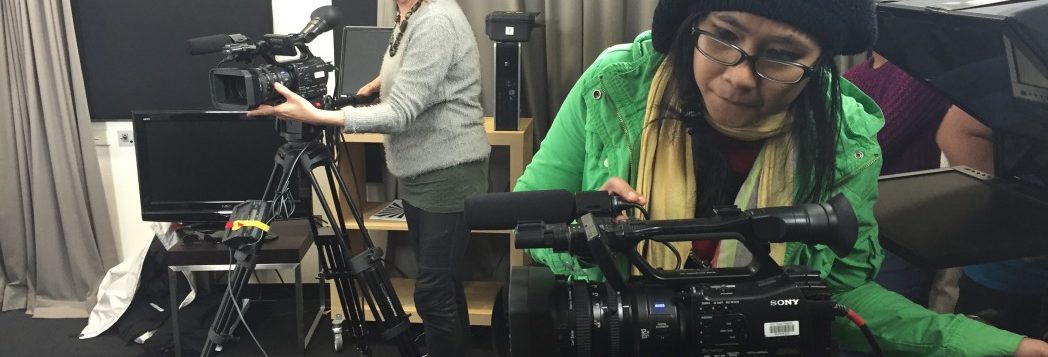Fiji has dropped one notch to 62nd place in the latest World Bank “Ease of Doing Business” ranking.
The estranged South Pacific nation – still in the grip of military dictatorship under army commander Voreqe Bainimarama and his military led government – scored a series of bad points in five out of nine critical areas of business regulations being examined by the ranking.
Dealing with property, registering property, getting credit, protecting investors and paying taxes were all more cumbersome in Fiji compared to last year.
But lesser red tape would be experienced by investors wishing to start a business, trade across borders, enforce contracts or close a business.
For instance getting a construction permit would see an investor having to go through 19 procedures, can take up to 135 days and cost him or her US$2000 or roughly half the country’s income per capita.
Compare this with Singapore – the “easiest” place in the world in which to do business for the fifth year running – where, to get a construction permit, it takes 25 days, 11 procedures and cost up to US$9500, or 19 per cent of income per capita.
At 62nd place, Fiji is halfway down the World Bank’s list of 183 economies, yet still among the top of its peers – other countries in the Pacific.
Fiji’s neighbour Vanuatu, at 60th place, was the easiest place in the Pacific in which to do business, while the Federated States of Micronesia in the Northern Pacific, managed the lowest ranking of 141st place.
Resource-rich Papua New Guinea, the focus of new international investment interest with its US$15 billion LNG project, is ranked at 103, an improvement from its 108th place in last year’s ranking.
In the Asia-Pacific region, Fiji along with Vanuatu, Samoa and Tonga, are among the top 10 economies. They are raked there at 8th, 6th, 7th and 9th respectively in that region grouping, ahead of other Pacific countries, Philippines, Cambodia, Timor Leste and Lao.
Globally, doing business remains easiest in the high-income economies of the Organisation for Economic Co-Operation and Development (OECD) and most difficult in Sub-Saharan Africa and South Asia, said the World Bank.
